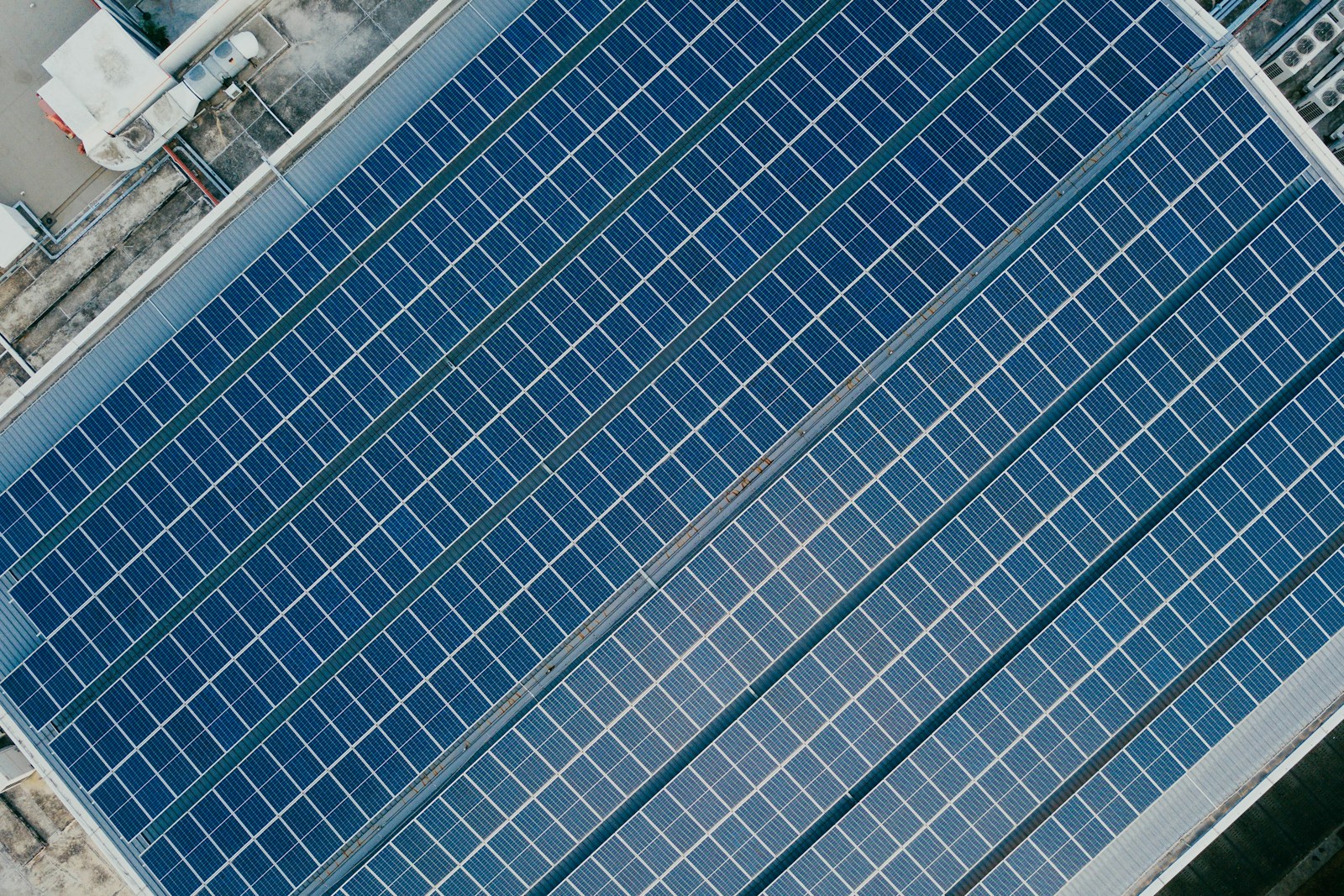A leading solar energy provider is urging ministers to reform existing rules preventing widespread transformation of the UK plc estate.
SolarSense has asked for HMRC to provide more guidance and clarify its stance on solar installations at commercial and industrial properties owned by pension funds.
Currently, these investment vehicles are not allowed to take possession of any Tangible Moveable Property [TMP]. This includes works of art, desks, chairs, computers, plant and machinery — essentially, anything that can be taken away from an address.
As a result of this definition, there is widespread confusion as to whether solar panels would fall under this rule. Adding to the uncertainty, laws preventing pension funds from trading mean technically any energy generated through PV installed on site could not be sold back into the grid, another area analysts are asking for greater guidance on. As things stand, the onus falls on pension scheme administrators from making a call on whether this infrastructure would infringe on regulations.

‘Solar panels have a huge role to play in supporting economic growth by reducing the cost base of UK plc, whilst supporting cleaner energy generation and drastically reducing carbon emissions. It is therefore wrong that businesses should be left to their own devices to ascertain through a financial adviser whether installing solar panels will be classed as a tangible moveable asset,’ said Ashley Wood, Chief Executive at SolarSense.
‘Not only will the current TMP rules stop significant numbers of commercial and industrial landlords from installing solar, their tenants also will not be able to fit PV because they don’t own or rent the roof. The only way to get by this would be to rent the roofspace separately, but the legal costs would be prohibitive,’ he continued. ‘The rulings are too vague and confusing, which means tenant and pension owners will not risk installing solar panels. With the world having transitioned significantly to renewable energy in the last decade since TMP regulation was last looked at, it’s high time for a review to ensure it is fit for the new energy landscape.’
A letter has now been issued to Ed Miliband, Secretary of State for Energy Security and Net Zero, urging him to provide clarification on how these rules relate to solar panels and energy generation. The UK Government’s own Clean Power 2030 Plan identifies huge opportunities in rolling out rooftop solar PV across warehouse and industrial buildings, with 20% of the largest spaces in these categories offering 75million square metres of roof space — enough to produce 15GW of renewable electricity.
Image: CHUTTERSNAP / Unsplash
More on Energy & Net Zero:
ISDS claim against British taxpayers begins following Cumbrian coal mine block
BE100 climate tech startup competition launches
Sustainable Home Centre opens to energy professionals and homeowners in Bradford

